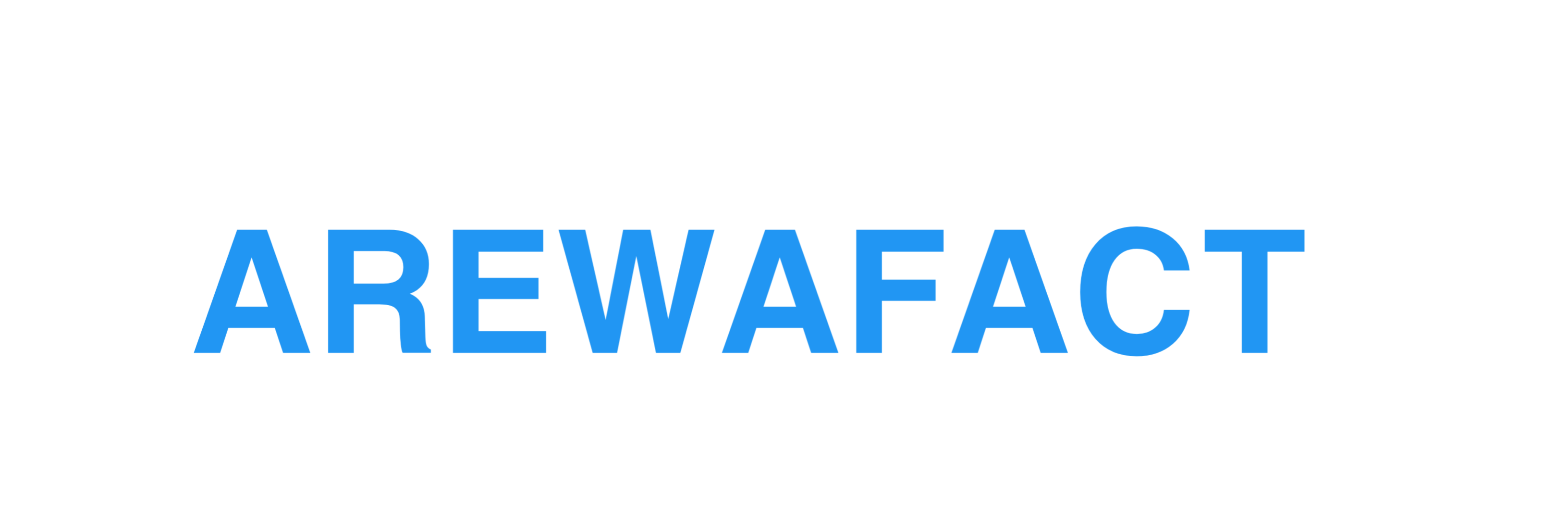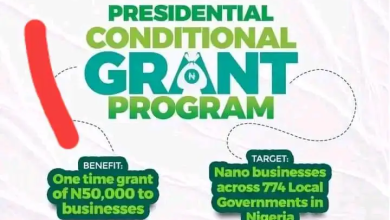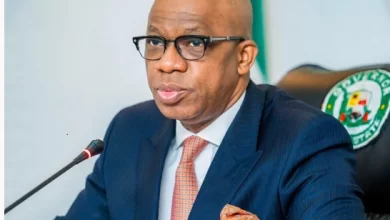Nigerian Presidency Message About Consumer Loans Before 15th May 2024 To All Citizens

Nigerian Presidency Message About Consumer Loans Before 15th May 2024 To All Citizens
What would the Nigerian Consumer Credit Corporation do specifically? Before 15th May 2024
The Nigerian presidency is requesting that qualified citizens apply for consumer loans by May 15th, the day the Nigerian Consumer Credit Corporation (CREDICORP) is scheduled to open for business.
This is a smart move because CREDICORP would “ensure every economically active citizen has a dependable credit score by strengthening Nigeria’s credit reporting systems.” Additionally, it provides financial institutions with “wholesale lending and credit guarantees.”
But the 2024 budget only allots “just” N100 billion, or roughly $85 million, for it. Is there enough capital, though?
You May Also Click To Check 👉Step-by-Step Guide On How Nigerians Get Credit From CREDICORP
For background, figures from the Central Bank of Nigeria’s (CBN) quarterly economic reports place consumer credit at approximately N3.05 trillion as of Q3 2023. Of all recorded consumer credit, personal loans make up 74.8%.
Thus, the significance of N100 billion in capital is questioned. The fund is meant to be “catalytic” and stimulate consumption to strengthen Nigeria’s manufacturing industry, according to Sen. Atiku Bagudu, Minister of Budget and National Planning. But for N100 billion, these are lofty goals.
According to a 2023 survey conducted by Enhancing Financial Inclusion and Access (EFInA), Nigeria has a sizable credit market. About 39 million Nigerian adults, or 32% of the country’s adult population, depend on unofficial sources of funding.
Stears estimates that the Nigerian consumer loan market is worth $2.1 billion, not including the $621 million in unrealized potential in the informal borrowing sector.
However, in hopes that the actual consumer credit fund may be acquired independently and funded from other sources, including the private sector, CREDICORP is cooperating with several Nigerian financial institutions, including the Central Bank of Nigeria (CBN).
What is the function of the CREDICORP, secondly? Do they act as guarantors or direct lenders? The Presidency’s letter requests that qualified Nigerians, beginning with civil officials, register for credit. The fact that CREDITCORP claims to provide wholesale credit makes this a crucial point.
Therefore, why should anyone—including civil servants—apply directly to it for loans? In my opinion, the best course of action is to derisk Nigeria’s consumer credit value chain by purchasing consumer loans that are issued by Nigerian corporations in addition to ensuring consumer credit.
Because there is no longer any default risk, this has the effect of encouraging banks and other financial institutions to offer single-digit consumer loans in addition to regular ones.
Even yet, it will take some time for this significant and beneficial policy endeavor to become well-honed in its functioning.








